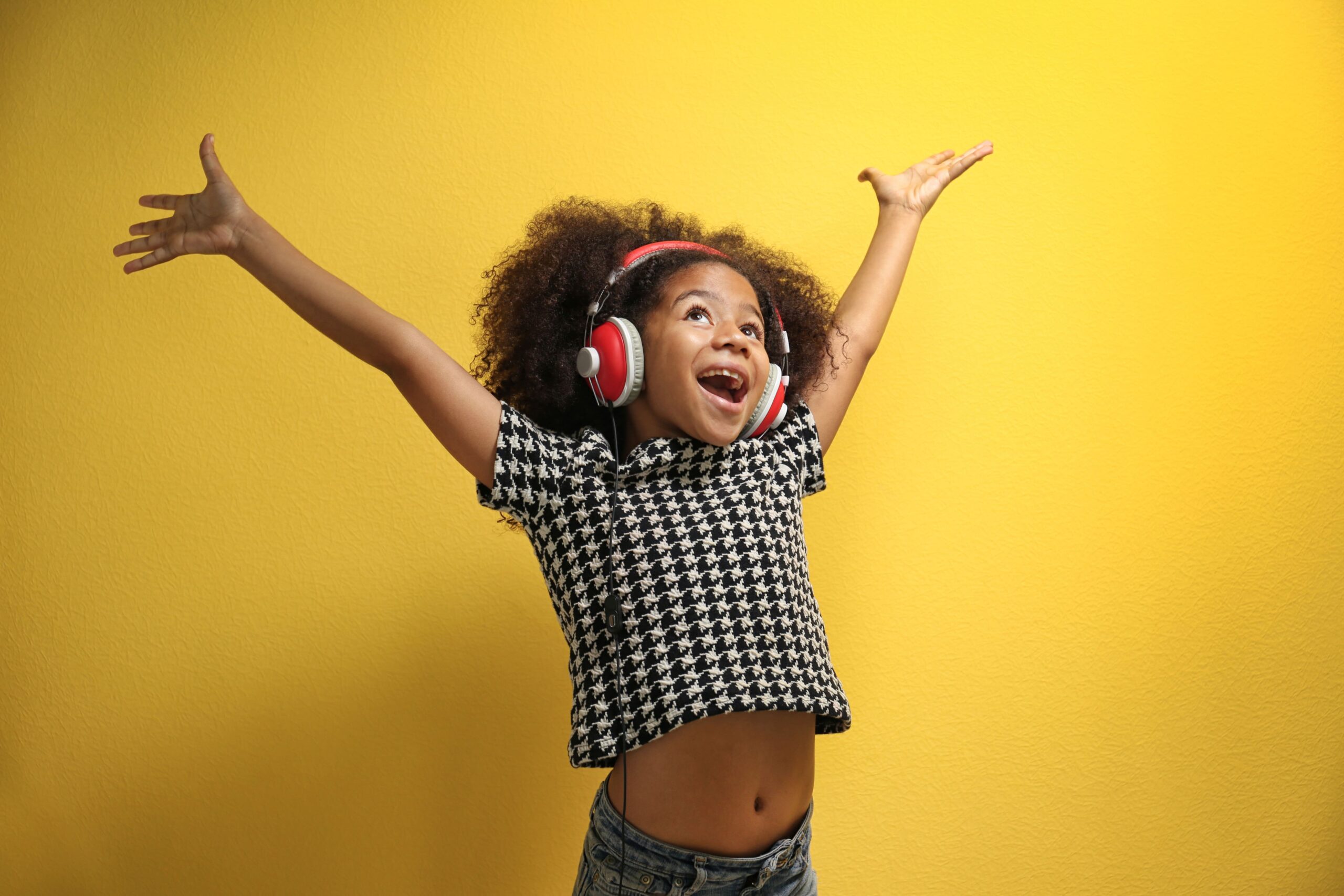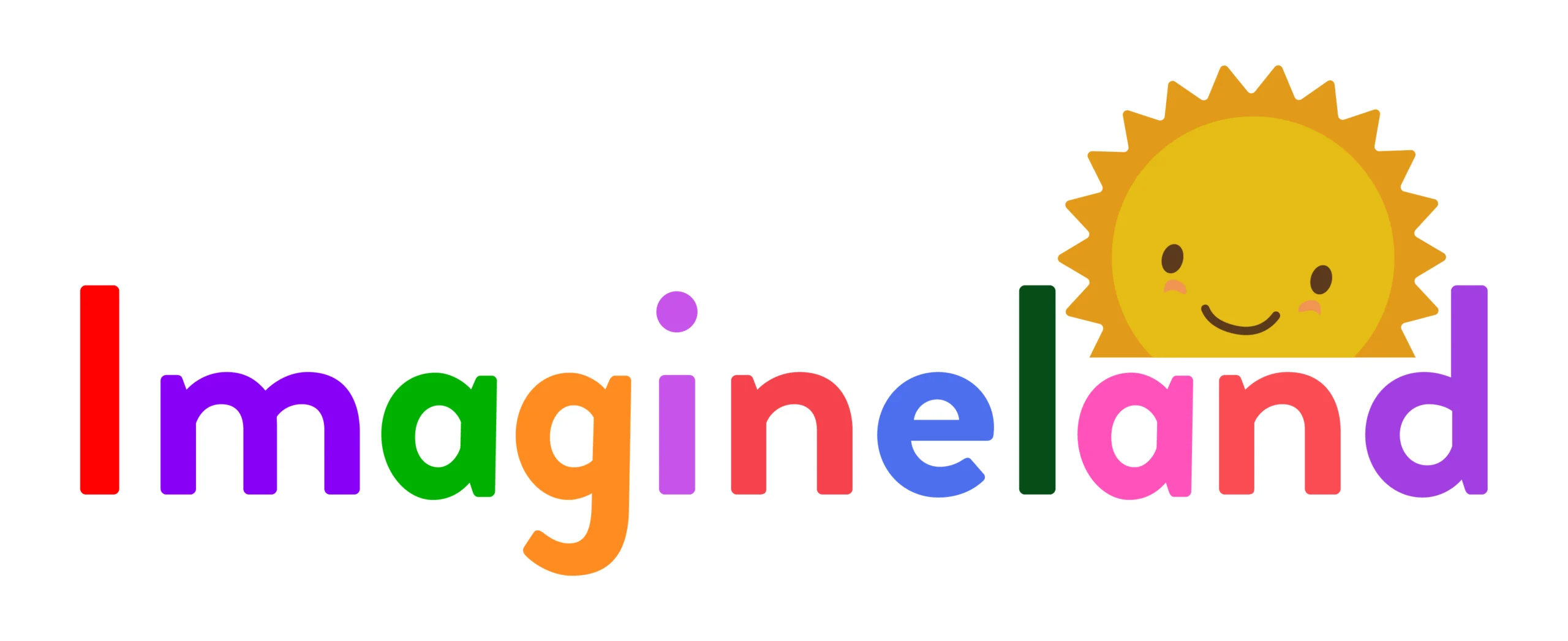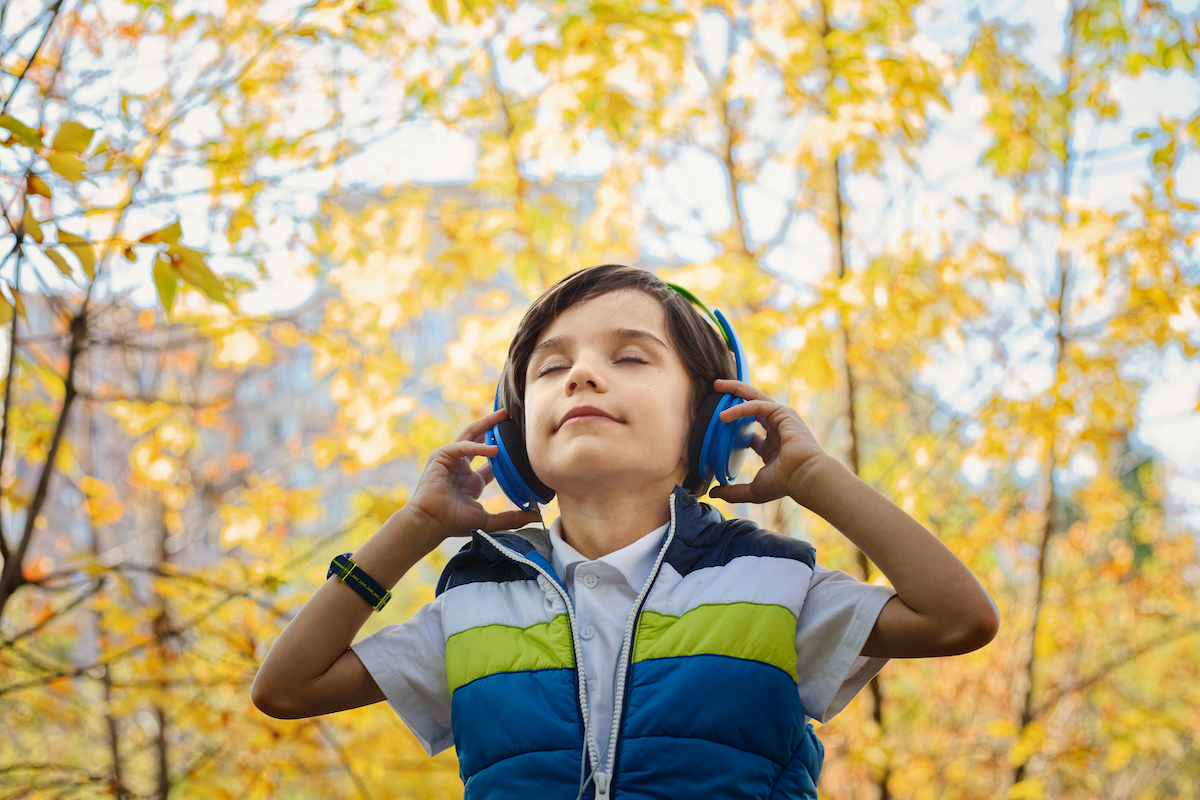
The unique benefits of music in early childhood learning
There is always one song, one beat, and one rhythm that gets into our heads. It puts a smile on our faces, makes us hum out loud, and even makes us sing to the rafters. As Marilyn Manson once famously said, “music is the strongest form of magic”.
We all know the power of this “magic”, which studies confirm is beneficial to the development of our young people.
A 2016 study at the University of Southern California’s Brain and Creativity Institute found that musical experiences in childhood can actually accelerate brain development, particularly in the areas of language acquisition and reading skills.
Music and singing play an important role in our culture. Music is present in many aspects of our lives: theatre, television, movies, church services, holidays, celebrations, and local ceremonies.
Music can be a natural part of everyday family life, enhancing daily routines and shared experiences. Whether during mealtime, playtime, or quiet moments together, it brings joy, connection, and creativity into the home.
From birth, parents instinctively use music to calm and soothe children, to express love and joy, and to engage and interact.
Music can help impact child development and improve their social skills and is beneficial to children of all ages. Music ignites all areas of growth and skills for school readiness, including intellectual, social-emotional, motor, language, and overall literacy. It helps the body and the mind work together.
Exposing children to music during the early years helps them learn the sounds and meanings of words. Dancing helps children build motor skills, practice self-expression, and increase fitness and stamina. For both children and adults, music helps strengthen memory and reduces stress and anxiety. The Imagineland Series has music and songs included in each story to enhance cognitive learning through familiarity and repetition alongside visual stimulation.
Children of all ages express themselves through music. Young infants sway, bounce, or move their hands in response to music. Many preschool-aged children make up songs and sing to themselves with no self-consciousness as they play.
Most preschoolers are eager to let their voices roar, no matter what their level of ability. They particularly love instructional songs which repeat words and melodies, using rhythms with a definite beat.
Preschool children enjoy nursery rhymes and songs about familiar things like characters, animals, play activities, and people. They also like fingerplays and nonsense rhymes, with or without musical accompaniment. There is no downside to bringing children and music together through fun activities and extended learning opportunities. The additional resources created by the Imagineland Team support these aspects.
From the pure pleasure of listening to soothing sounds and rhythmic harmonies, to gaining new language and social skills, music can enrich the lives of children and the people who care and nurture them. What will you listen to, sing to, or dance to today?

